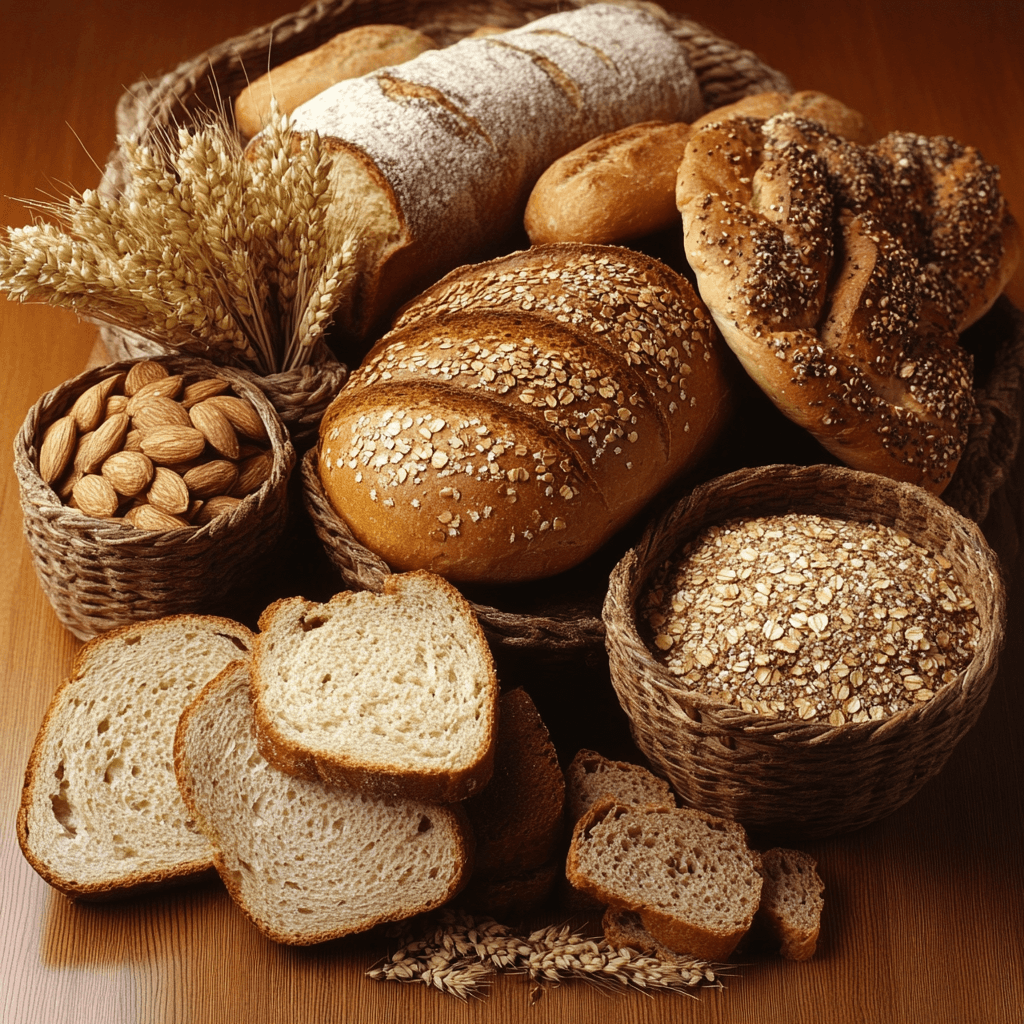the gluten-free craze: separating fact from fad
18 Oct 2024
I
1 min

Dr. Annewsha Acharjee
Ayurveda @ Lavi
in recent years, gluten-free diets have surged in popularity, with many believing it’s the key to better gut health.
but is giving up gluten really necessary for optimal digestion and overall well-being? let’s break down the myths and facts surrounding gluten and its impact on gut health.
what is gluten?
gluten is a protein found in grains like :
wheat (bread, pasta, cereals)
barley
rye
triticale (hybrid of wheat and rye)
while gluten is safe for most people, certain individuals may need to avoid it.
who needs a gluten-free diet?
individuals diagnosed with:
celiac disease: an autoimmune disorder causing the immune system to react to gluten, damaging the small intestine.
non-celiac gluten sensitivity (ncgs): symptoms similar to celiac disease, but without intestinal damage.
wheat allergy: an immune reaction to wheat proteins.
benefits of a gluten-free diet (for those who need it)
reduces inflammation and intestinal damage
improved digestion and nutrient absorption
eases alleviated symptoms like bloating, abdominal pain, diarrhea, etc…
the gluten-free fad: separating fact from fiction
myth: gluten is harmful to everyone.
reality: only those with celiac disease, ncgs, or wheat allergy need to avoid gluten.
myth: gluten-free diets help in weight loss.
reality: weight loss is often due to overall dietary changes, not gluten elimination.
myth: gluten causes chronic fatigue and brain fog.
reality: while some may feel these symptoms, gluten isn't the root cause for most people. there could be other dietary or lifestyle factors at play.
drawbacks of going gluten-free unnecessarily
if you don’t have a medical reason to avoid gluten, a gluten-free diet can sometimes cause more harm than good:
nutrient deficiencies: gluten-free diets can lack important nutrients like fiber, iron, and b vitamins.
higher costs: gluten-free products can be more expensive.
unhealthy substitutes: many processed gluten-free products are high in sugar and unhealthy fats.
alternatives to gluten-free diets
you don't need to cut out gluten to maintain a healthy gut. instead, focus on:
gut-friendly foods: prioritize whole, unprocessed foods like fruits, vegetables, lean proteins, and whole grains.
probiotics and prebiotics: nourish your gut with beneficial bacteria and fiber-rich foods.
mindful eating: listen to your body’s signals and make adjustments based on how certain foods make you feel.
in conclusion, while a gluten-free diet is essential for some, it’s not necessary for everyone.
prioritizing a balanced, nutrient-rich diet and understanding your body’s unique needs are the real keys to good gut health.
for those looking to truly optimize their gut health, check out lavi's personalized nutrition plans—designed to support digestion, boost energy, and keep your gut happy.
explore our plans today and make your gut health a priority! click here
start your health journey today






